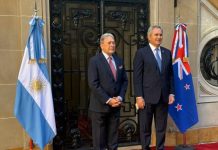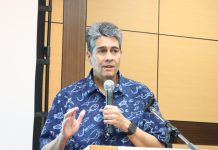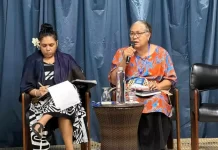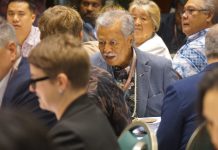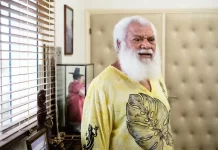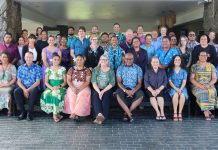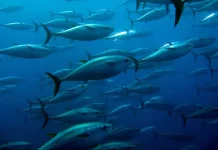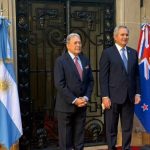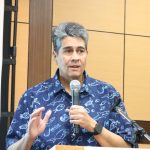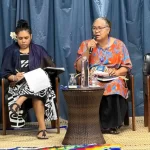The Republic of Palau is one of three Pacific Island nations negotiating a Compact of Free Association Agreement that would give Washington the right to deny access to other nations — including China — in exchange for U.S. economic assistance.
Palau is in line to receive $90 million if and when Congress approves an extension of its current 20-year compact, which expires next year. The country ran on a total budget of less than $150 million in fiscal year 2021, according to Palau government documents.
VOA spoke to Palau’s President Surangel Whipps Jr. days after the U.S. Congress passed a continuing resolution that avoided a U.S government shutdown but failed to provide the funding for this strategic island chain.
VOA: When you ran for office in 2020, you promised to be tough on China. What have you done to fulfill that promise?
Whipps: One of our goals is to build a more resilient economy that’s not so dependent on one partner, and especially a partner that’s sometimes unfriendly. So, we’ve worked with the United States to conclude our Compact of Free Association Agreement, which was really critical. Our Congress ratified it in July, and we were hoping that on 01 October1, the U.S Congress would do the same, because that’s when it’s supposed to be implemented.
VOA: Palau has continued to recognize Taiwan, which Beijing claims as its own territory. What has that cost Palau?
Whipps: From 2016 to 2019, right before COVID, our tourism numbers from China dropped by more than 50 percent We were blocked out of any type of marketing in the PRC because we continued to recognise Taiwan. [Tourism] is such a large part of our GDP. When they cut back, [our GDP] dropped by over 30%. In the U.S., that would be more severe than the Great Depression.
VOA: Palau’s government faces a budget shortfall of $37 million. How do you plan to address that?
Whipps: For the past three years, because tourism hasn’t recovered, we have been forced to get loans from the Asian Development Bank, financing government to keep it going, to keep workers going. This year’s budget was totally dependent on our agreement under the compact, because under the compact agreement, we would be receiving $90 million this year. Fifty million of that goes into the trust fund, but the other $40 million goes into paying off debts and economic assistance.
VOA: Would Palau have become solvent on October 1 if you had received that money?
Whipps: Absolutely.
VOA: The continuing resolution didn’t give you any extension. What was your reaction when you realized that?
Whipps: I think the most important image that it projects on Palau and the people of Palau is, when the U.S. commits to something, are they really committed?
VOA: When will Palau no longer be able to pay its bills?
Whipps: 01 January1.
VOA: The number we’re talking about here, over 20 years, is around US$7 billion for all three compact states. Is this a good deal for American taxpayers in your view?
Whipps: For Palau, that’s US$890 million. We didn’t believe that our value is truly realized by the United States. However, we understand that we have to have some compromise, and we have to move forward.
VOA: Palau is approximately 2,300 kilometers from Taiwan, right?
Whipps: Correct. We understand our strategic importance, but we also understand the value of democracy and freedom, and the rule of law. And we understand how we need to be a partner in ensuring peace and stability in the region. That peace will bring prosperity to all, and we need to work together and ensure that.
VOA: How much pressure are you under to prove that this U.S. partnership is worth it for Palauans?
Whipps: It’s a constant battle. I’ll just give you an example. There’s a new radar base being built in Palau. There’s been increased military exercises. So, one of the things [some people are saying] is, ‘Oh the president is inviting the military, and now we’re a target for China.’ It’s constant. And that’s why it’s so important that we fulfill our commitments, that we show solidarity.
VOA: What is your message to the U.S Congress and the Biden administration?
Whipps: Thank you for the last almost 80 years of partnership. Palau is a free nation because of the 28,000 service men who, during World War II, helped Palau become an independent nation and a free nation. And that’s something that Palauan people don’t forget. We value that freedom, and we want to maintain that freedom. And let’s continue to work together, because we are stronger together and let’s not that malign influence infiltrate.
SOURCE: VOA/PACNEWS


